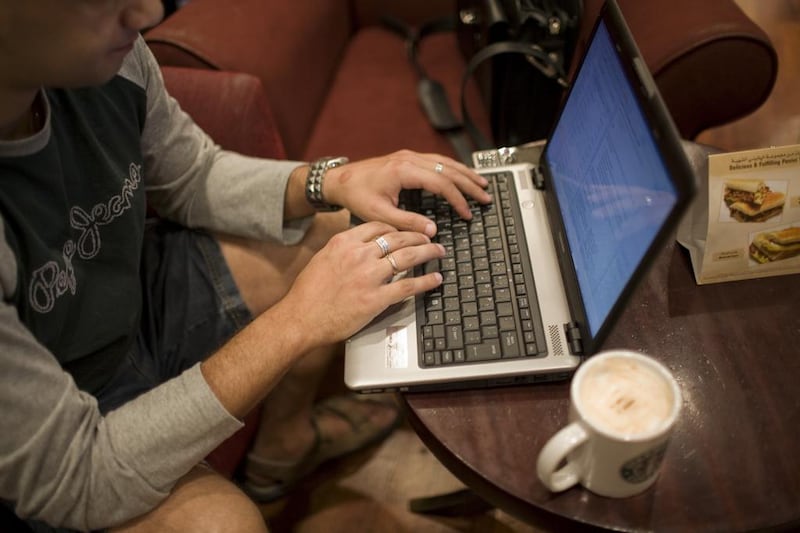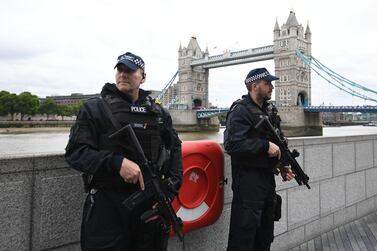The young and vulnerable are at greater risk of being drawn into terrorism during the Covid-19 pandemic, British police warned on Friday.
The lockdown is leading to more unsupervised time spent online where the young are at risk from grooming by dedicated extremists.
Social distancing measures means that those most likely to spot signs of radicalisation, such as social workers, teachers and health workers, are spending less time with those at risk, the UK’s largest force said.
Britain has a nationwide programme designed to protect people at risk of radicalisation that includes school visits and individual mentoring.
But referrals to the programme, known as Prevent, have dropped by half and nurses working on the programme have returned to frontline duties to cope with the health crisis.
The cut in referrals comes amid concerns over a rise in online hate crimes with Muslims falsely accused of breaking the lockdown to gather at mosques.
Detective Superintendent Jane Corrigan said: “We’re not getting the number of referrals we normally would and cannot identify those who need support to steer them away from being radicalised and taken down a path into violent extremism or terrorist activity.”
The force said it planned to launch a guide for parents to talk to vulnerable children that accompanied a video released in January that charted the path of a British Muslim and a white Briton to murderous extremism.
A website – Let's Talk About It – also points out key signs of radicalisation including previous traumatic events, mental health problems and increased desire for status.








